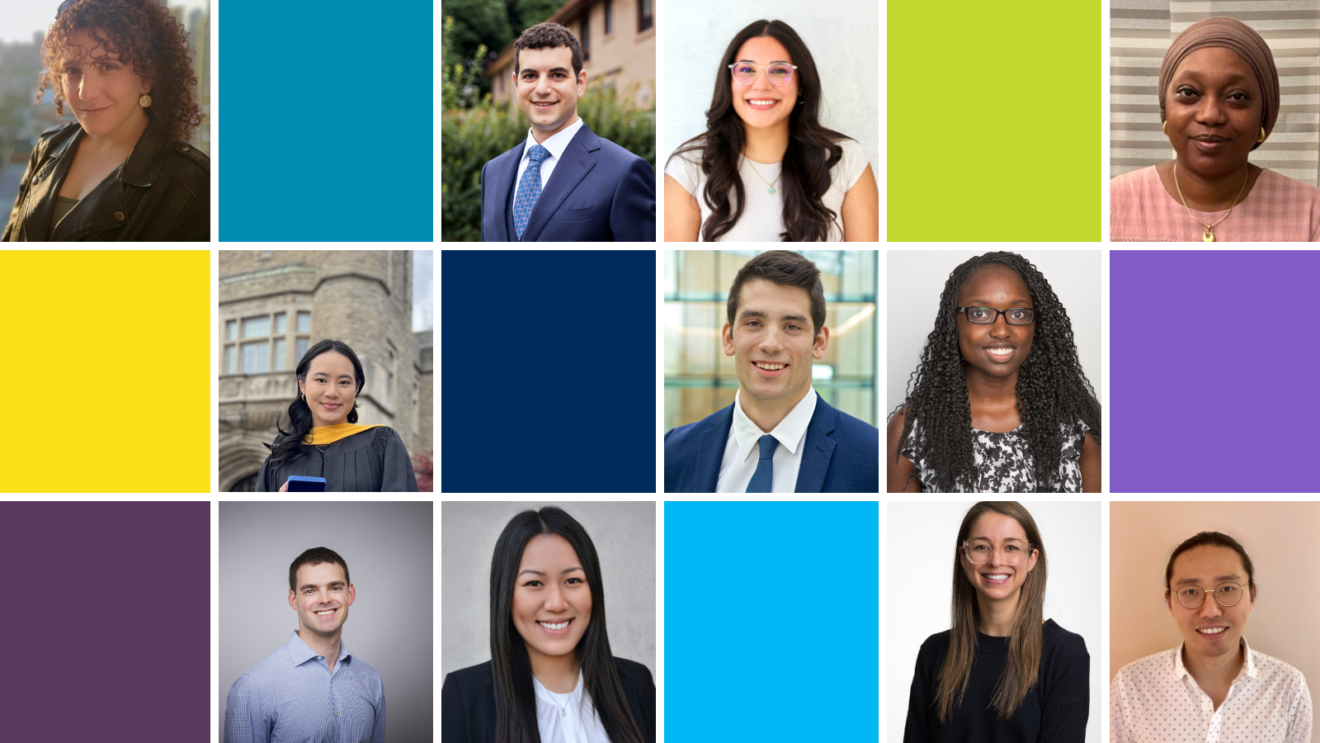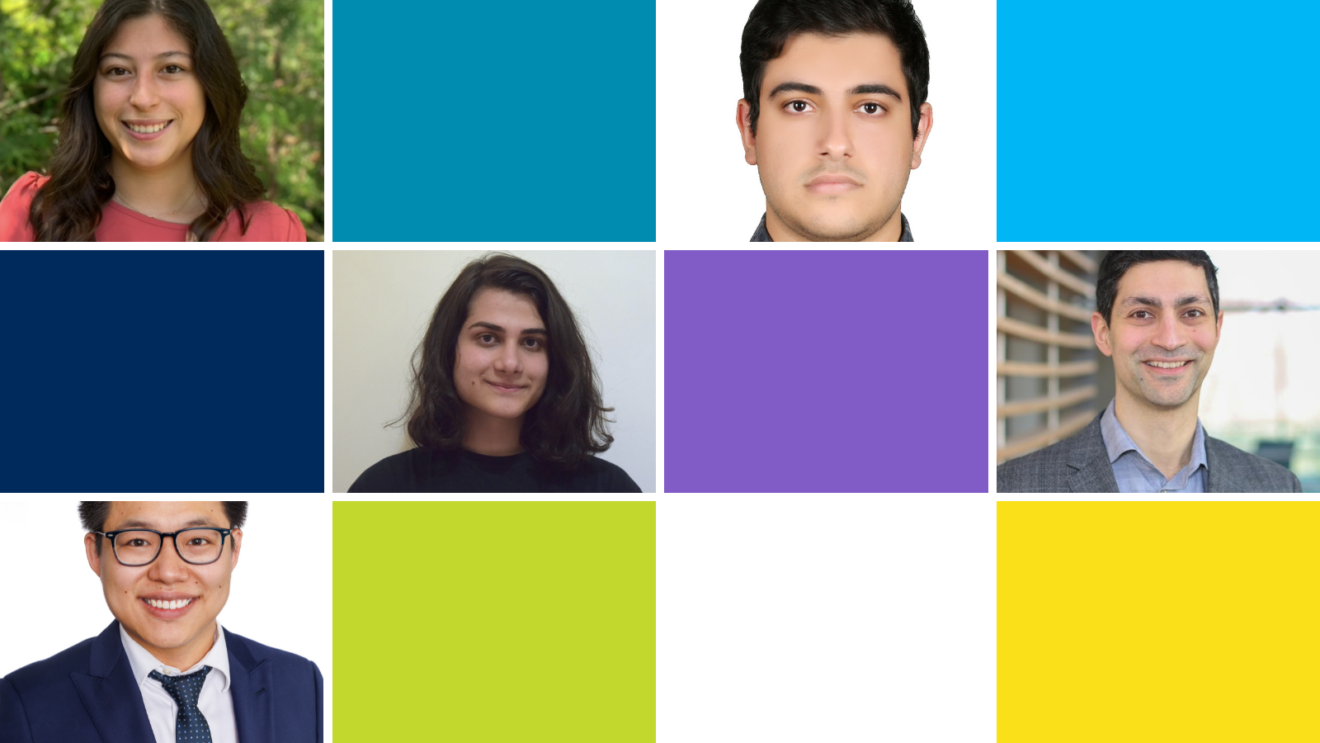
By Alisa Kim
For Dr. Beverley Essue, what was supposed to be one year at the University of Sydney to complete a Masters in Public Health, turned into a 10-year stint during which she completed her PhD, developed her own research program and became a citizen in the land down under. Essue and her spouse returned to Canada in 2015 to complete a research fellowship and decided to remain here to be closer to family. She joined the Institute of Health Policy, Management and Evaluation (IHPME) in November 2020 after working at the Canadian Partnership Against Cancer, where she brought her expertise in health economics, health policy and health systems to bear on work to strengthen the cancer control system.
Here, she talks to Alisa Kim about her research, what she looks forward to as a member of IHPME and what she enjoys doing outside of work (hint: it may involve the occasional binge-watch on Netflix).
Why did you decide to do your graduate studies abroad?
I was interested in completing a Masters of Public Health, and at the time, there was only one program here in Canada that had a focus that was not aligned with my interests. I had read Stephen Leeder’s The Race Against Time, which focused on addressing the increasing burden of non-communicable diseases in developing economies. I was interested in working with him. He was based at the University of Sydney. Living in Australia also really attracted me because at that point, while I had traveled, I had never travelled that far away. I decided to go for what was supposed to be a year. My husband and I were both exposed to really great opportunities. A year turned into doing my doctoral studies, exciting work opportunities, developing a research program, becoming a citizen, having my first child and … the rest is history. We were fortunate to have been able to travel much of that side of the world before coming back to Canada.
What was your PhD on?
My PhD investigated the household economic burden associated with chronic and long-term conditions, now more commonly known as non-communicable diseases. I explored patient- and family-level impacts related to departures from work and paying for care. I conducted studies in Australia that measured economic hardship and out-of-pocket costs associated with different chronic and long-term conditions. The work focused on understanding approaches to measurement, the coping strategies that households use to deal with those costs, and understanding the social and health policy responses to help mitigate those costs and their impacts. I also applied these methods in a study conducted in Vietnam. That’s when I expanded the focus of my work to the global level and started to make links with the Universal Health Coverage agenda.
How has your work abroad informed the way you look at health systems?
It has given me a broader perspective on the ways in which different health systems operate. It has helped me to understand that, while there are important nuances within populations and different systems, there are also common challenges. This allows us to learn by looking within and across health systems. The opportunity we have as global health systems researchers is to identify some of those commonalities, draw on the learning and lessons and recognize the relevance of context and setting, as not all lessons are transferable.
I conduct research in low-, middle- and high-income settings. There can be an assumption that the issues are quite different. But, my work at the Canadian Partnership Against Cancer reinforced that even here in Canada, we are still grappling with how to ensure equitable and affordable access to needed care for all people living in Canada, especially for First Nations, Inuit and Métis populations, and other underserviced communities. Equity and how to ensure appropriate levels of coverage and access to necessary care are important, cross-cutting issues for all health systems.
How did you become interested in health economics?
When I started my Masters in Public Health degree in Australia, one of the introductory courses was called Making Decisions in Public Health. It provided an introduction to the disciplines of health policy and health economics as levers for decision-making and priority-setting. I distinctly recall this light bulb moment where I thought, ‘This is exactly what I’m interested in!’
What attracted me is that while there is a technical exercise that can provide guidance on how we should spend money in the health system, it is broader than that. The technical exercise is one input alongside consideration of other factors like social values, opportunities and context. Health economics is important, but you have to understand the broader policy context to put forward options that are going to gain traction at the right time. I’ve always been attracted to understanding not just how you generate that technical information, but how it is leveraged and used effectively within systems where there can be many other factors at play.
What are you working on now?
I have been doing research on priority-setting and how to support effective priority-setting processes within low-income countries. I look at questions like how do you ensure that the decisions that are made are fair and are reached according to established and transparent criteria? I also use methods like extended cost-effectiveness analysis to account for equity and equity outcomes in priority-setting.
I am also leading work for the Lancet Commission on Gender-Based Violence and Maltreatment of Young People. I’m anchoring the economics work, which will generate a cost of inaction that estimates what’s at risk and what are the opportunity costs associated with continuing the status quo for gender-based violence. That estimate will be paired with an estimate of the cost of action—what we stand to gain by implementing effective interventions. This work will culminate in the development of an investment case that will help to support action around violence globally. It is really exciting and timely work.
What do you look forward to in working at IHPME?
One of the things I’m excited about is contributing to and enhancing the global health focus in the work being led by IHPME. I am also deeply committed to inspiring future global health research leaders; I am really looking forward to mentoring students who are interested in global health.
What do you enjoy doing outside of work?
My kids keep me grounded. They’re six and four years old. They put life into perspective and force me to take breaks to build Lego! We spend a lot of time discovering fun things to do around and outside the city. I am also an avid runner. One thing I am missing quite a bit is travel. I love to travel, as many of us do. I don’t think I’ll mention binge watching television, I’m doing much more of that these days! [laughs].
If you weren’t a researcher, what would you be doing and why?
I have always been interested in architecture. If I had a career do-over, that’s what I would have done. It has no relationship with what I currently do, but I admire it, and it certainly features in how I spend my time when I travel. I have a deep appreciation and interest in it.
Related News

Sign up for IHPME Connect.
Keep up to date with IHPME’s News & Research, Events & Program, Recognition, e-newsletter.
Subscribe to Connect Newsletter
Get in Contact
Communications
Marielle Boutin
Email Address: ihpme.communications@utoronto.ca





